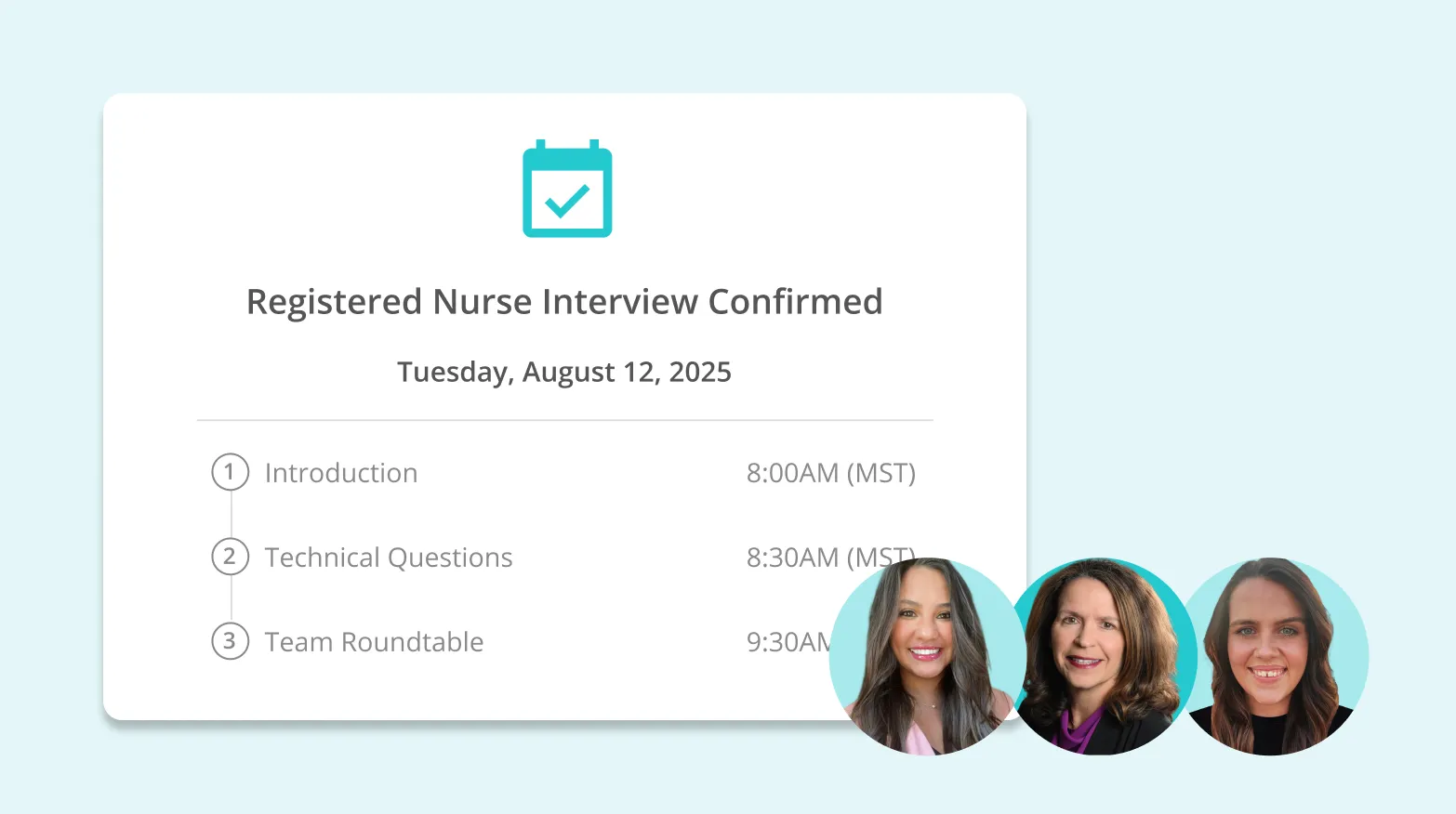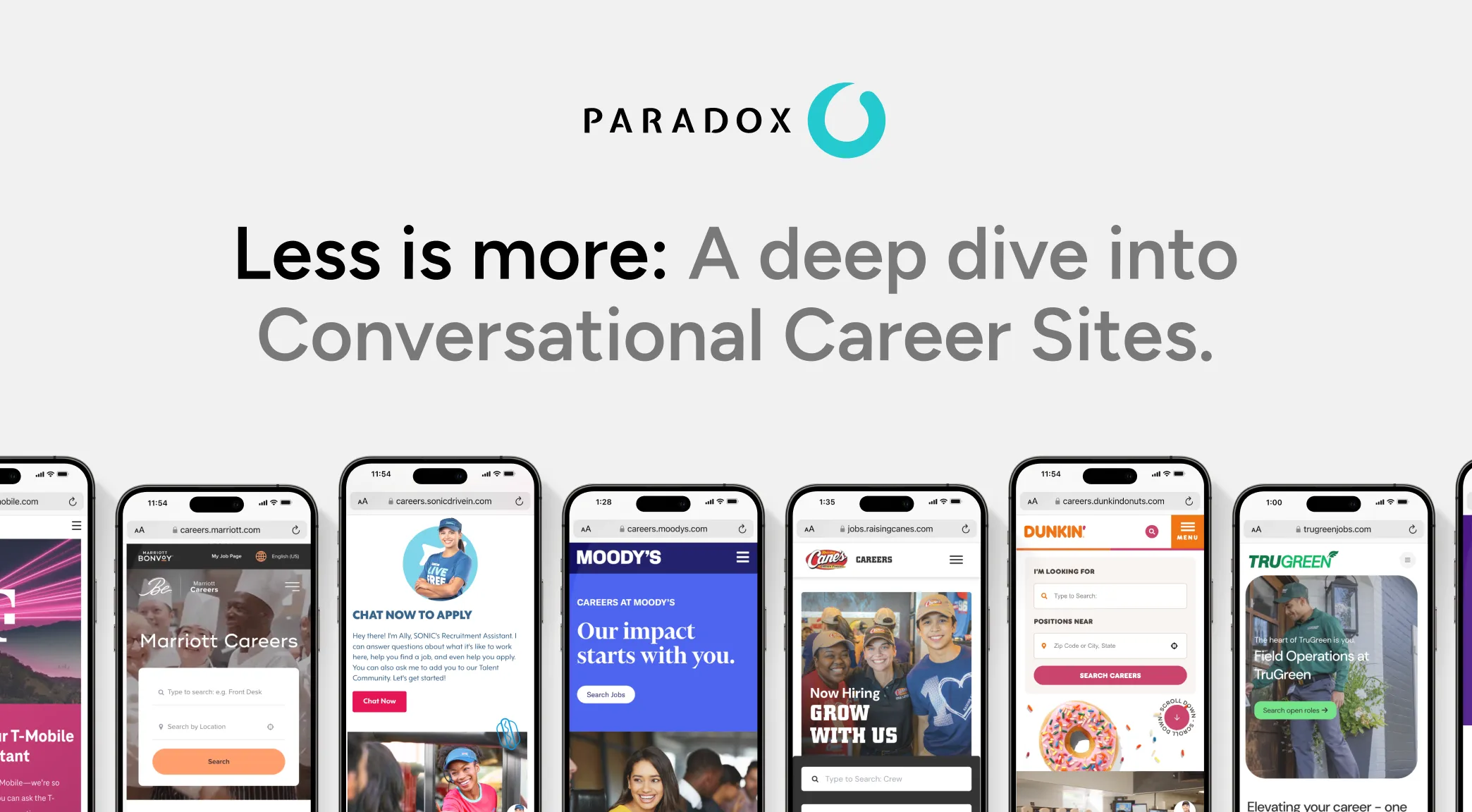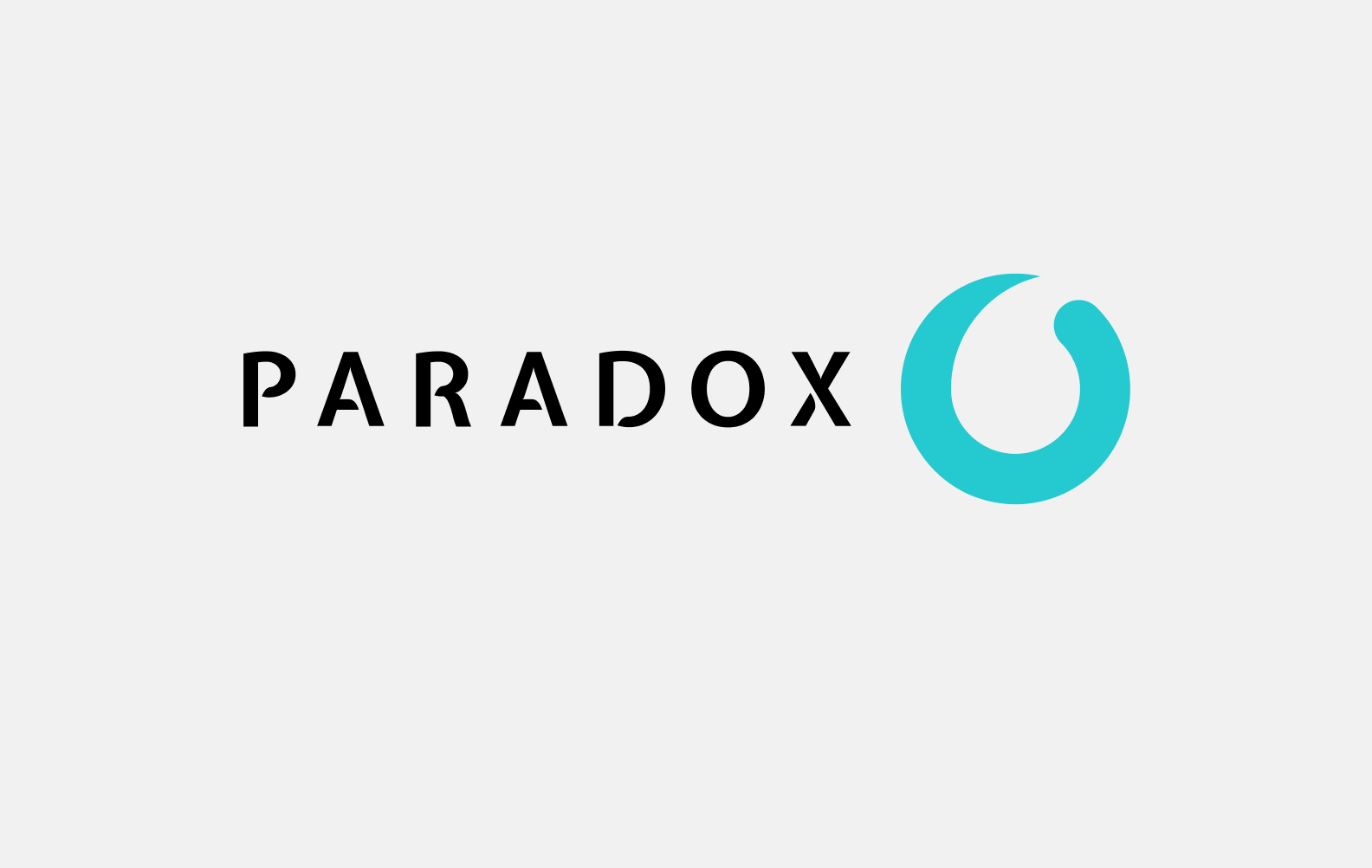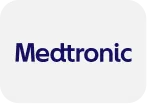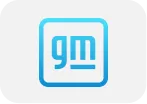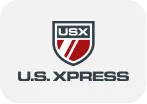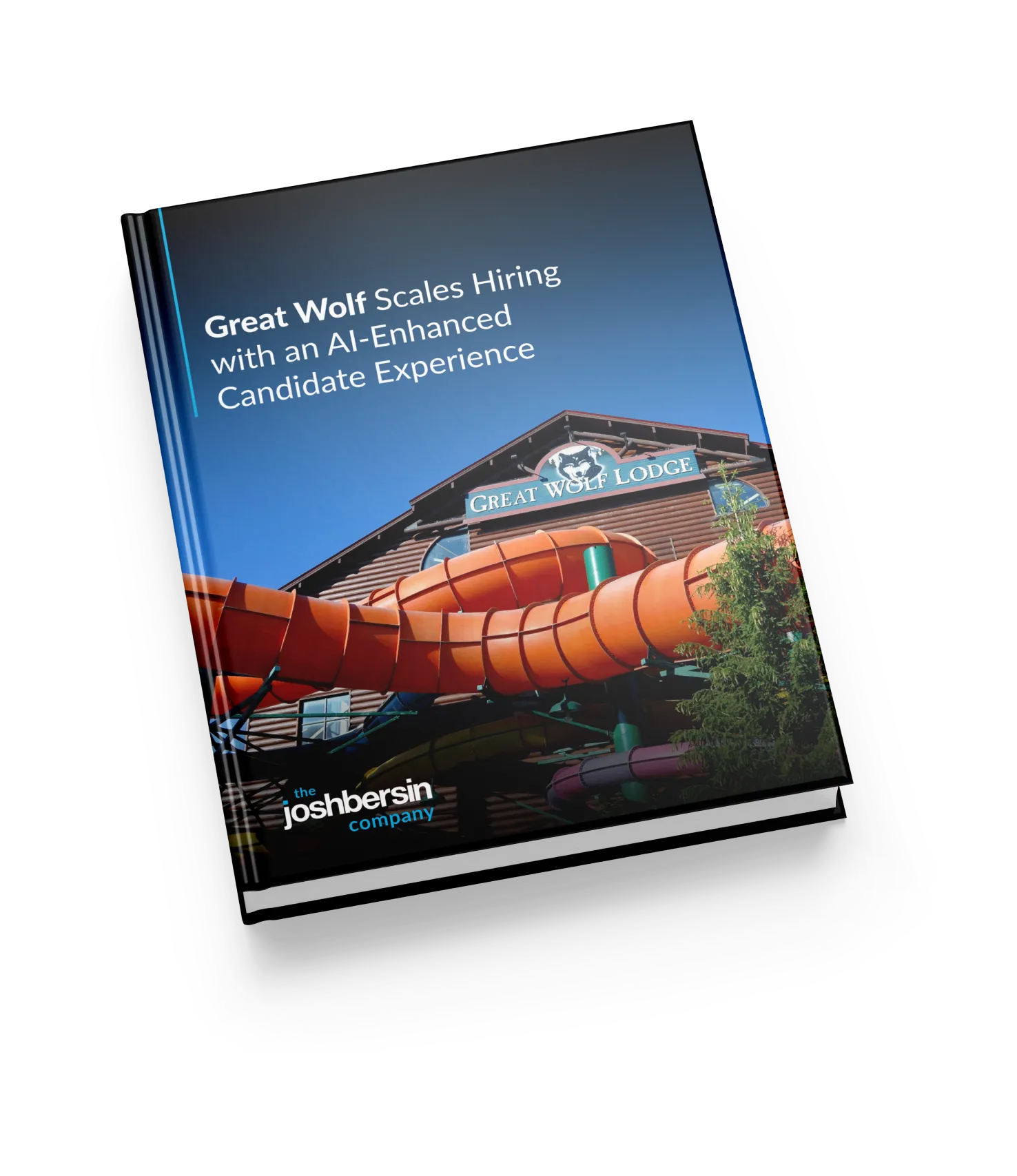The Conversation with Medtronic and Rockwell Automation about using AI to hire high-skilled roles.
Medtronic VP of Global TA Mark Smith and Rockwell Automation Director of Global TA Patrick Finn talk changing lives, AI automation, and english breakfast.
Meet the speakers.

With 20 years of leadership experience, Mark has led TA teams at global brands including Randstad, Caterpillar, Amazon, SC Johnson, and Kraft Heinz.

With 20 years of leadership experience, Mark has led TA teams at global brands including Randstad, Caterpillar, Amazon, SC Johnson, and Kraft Heinz.

With over a decade of experience in recruiting, Patrick has helped transform hiring teams at GE Healthcare, Johnson Controls, and Northwestern Mutual.
Watch the on-demand webinar:
Mark Smith (00:00):
Fried eggs. Hash browns, not American. Hash browns. No, but proper ash browns, brown sauce, red sauce, fried mushrooms.
Patrick (00:08):
Don't do sauce, don't do mushrooms. Do you do fried tomato?
Mark Smith (00:10):
No. No
Patrick (00:11):
I don't. That's
Mark Smith (00:12):
My,
Patrick (00:13):
There you go. I speak both languages. I've been here a while now.
Mark Smith (00:26):
How many employees are there, Patrick for Rockwell?
Patrick (00:27):
28,000 of us globally now. We do business in about a hundred countries. We are a industrial automation company in digital transformation. So for our clients we try and create efficiencies in production and sustainability. So we're all about saving time, money for our clients. On the terms of the journey, we are putting AI into all of our products. So it's definitely we're further along, our clients are asking for it, so we're not afraid of the technology side of it.
Mark Smith (00:54):
Cool.
Patrick (00:55):
What about you?
Mark Smith (00:56):
So Medtronic 75 years old, we're actually celebrating our year. It's a year celebration, so it's a big deal. We have an array of products, so we're broken down into different divisions, but we're most famous for creating the first pacemaker and we have neuroscience, diabetes, and various other organizations connected to us. So we have about 95,000 employees globally in 150 countries. We would categorize ourselves in med tech as a sector. A lot of people will pop us in a healthcare banner, but I think I was saying this to you earlier that we can get mixed with pharma sometimes and doctors, hospitals and we make tech. So when you mention ai, we produce, manufacture, invent, design tech for the future to hopefully alleviate pain, restore life. Sure. Health rather extend life. That's our intention of our product. So if we're at the frontier of tech with our products, Jeff, Martha, our CEO regularly says we're bringing tech to MedTech.
(02:02):
It's all about the tech and he's very energized and passionate, but thinking hr, we get it and I think for us it's an important opportunity for us to, at this precipice of tech and people, how do we create that convergence? So yeah, from a TA perspective, we've come around the houses, we've implemented our newest A TSI hope that sticks for a while. We've implemented paradox AI as our for scheduling track to apply events. We're looking to do more with that. We're looking at our career site next. So that's a big opportunity for us. So a big thing for me is that the symmetry between, we're on this transformational roadmap, but taking people not to be fearful of it, but be inspired and willing, wanting where do I find my place in this? So that's an important mindset. So message to my team. I keep sharing and use any opportunity like this to broadcast and other teams, not just Medtronic, but to embrace it.
Patrick (03:00):
Yeah, no, we're similar that we're Rockwell Automation, we create efficiencies and processes for our clients and we should really have that for the
Mark Smith (03:07):
Candidates as well. So
Patrick (03:09):
Yeah, that's why we brought Paradox in to really help speed things up, make it more efficient, give the recruiters time back was the main one to actually spend with hiring managers and spend with candidates rather than pushing resumes around or clicking buttons in the system.
Mark Smith (03:23):
How are you finding the mindset so far with the team in terms of that
Patrick (03:26):
They enjoy it. Like I say, you go on that journey with the ta. You want to get to be true talent consultants and true
Mark Smith (03:34):
The Quest for
Patrick (03:34):
Decades. So we
Mark Smith (03:36):
Out there though before we retire?
Patrick (03:38):
Yeah, fingers crossed. But we've been saying it for years, but I think this is the real first big shift I've seen in 20 years. It's been a lot of promises for years about things like that, but I think this is the first really big shift with it feels like.
Mark Smith (03:51):
Yeah, I think for me it's total talent solution. You've probably been to conferences where you have or how can we bring the a TS, the VMS, vendor management system, applicant tracking system, and other elements together. I'm actually challenging that right now because I think with AI there, and you've actually can bring in an AI agent or a agent AI solution. That's what we didn't have in the past was actually we don't have to necessarily hire a human, whether they're FTE full-time employee or whether they're contingent or a statement of work or a consultant or other. However creative our leaders can get. We're bringing people in the door. Maybe it's actually Dylan, the agent of AI that can create that solution. Maybe that agent can do that, but we hire this person, we bring back Doug who retired a few years ago and say, Hey, he wants some work.
Patrick (04:42):
I'm trying. It used to be the thing used to be the build, buy, borrow of the talent, and now it's built by bot.
Mark Smith (04:47):
So I think the four Bs now exactly. I imagine the fifth one actually, but I have to say this, that work with Boost, so I say build is the early careers apprenticeship. The boost is internal ability part to boost someone, the reskill, the skills space. So I've added a,
Patrick (05:02):
I'll steal that. Thank you.
Mark Smith (05:03):
Please do. Yeah, I think that's the opportunity. I think that's where I'd like TA to go too. I'm really pushing that hard at Medtronic right now working with procurement and soon finance as well as our HR teams to rather than we're often late in the conversation that I want to hire backfill or hire new, it's how can we get ourselves in further to actually say, well, do you actually need to hire an FTE because we're going to be doing some riff work. If we hire too many people, we need to look after our A OP or our budget and contingent flexibility could help or the AI offshoring. I think those decisions are made too often in silos. So my hope is that through partnerships with companies like Paradox and Workday and others, we can I say with our recruiters, make them become true consultants where they're actually saying no. It's
Patrick (05:54):
Almost like a decision tree at the beginning when like, Hey, I want to open this wreck and well have you thought about
Mark Smith (05:58):
The
Patrick (05:58):
Four or five Bs that we could now use? Rather than just going straight down and straight down a wreck and an FTE have the true consultant recruiters can push back and say, this project, is it going to even go 12 months? Do you have a redeployment plan afterwards? Things like that.
Mark Smith (06:12):
Exactly. And that's the level of thought that I think a lot of the business leaders respectfully, they just want it sold. I need a body, I need it done. I need someone like X, the person that was in it before and that
Patrick (06:26):
Me now.
Mark Smith (06:26):
Yeah. Yeah. It's that the fixed mindset element to it. It's not a bad thing. It's understandable, but it's just finding that right moment with a business partner willing to explore alternative ways.
Patrick (06:38):
You just need to find that one or two managers that'll do it and then use them as the test gauge, Hey, can I show you how
Mark Smith (06:43):
X did it? Boys and girls, that's the big one. We were talking earlier about brand for our a hundred people, general population know who we are. When we talk to people and they find out our mission, we save lives, we impact the lives of two patients a second, which is wonderful and it's very attractive to use your skills and that's what helps hire me and retain me at this company. And so many people, 95,000 people and more, but it's those 96 people out hundred that just walk by the job posting figuratively. But how are you challenging that doing that at
Patrick (07:20):
Rockwell? Yeah, no, we have a similar problem in the us. It's not a big problem. We hire a lot of engineers or software hardware and we're the number one in the US for industrial automation. So we're kind of known if we're hiring people from industry, but a lot of roles are new now, so we can't take from competitors. So we do have a problem with that brand. And again, trying explain what you do and people not realizing that you've probably touched one of something. That product that we made helped make manufacture it is like we've vaccines. We provided the machines that help build all the vaccines. Cool things like that. We're involved in a lot of the making of a lot of these products, but no one knows that we actually made it. We just make the things in factories move TA is shifting. I think ultimately it'll always be the same.
(08:01):
It's a people business. I think if you've got good recruiters who talk to people and that's what they do, they talk to people, build relationships and move them from one employer to other, or they move them in your own sort of organization because they're constantly not networking and they're constantly listening to what's happened. I don't think that'll shift. I think just how they do it. I've watched my 9-year-old with a remote control and he talks into the remote, whereas I'm sort of clicking through a B, whatever, all the different letter and I'm like, oh my God, I'm now my dad. I'm that Luddite who doesn't really understand technology anymore where it's all native for him. So if he's on his iPad, the first thing, he doesn't type anything. He just speaks into it. And I think that is definitely the future of where technology will be going.
(08:41):
I think job descriptions, I think managers will be able just to talk about what they want and it'll be able to use AI and to put it into a job description where now sometimes they're trying to get everything down. Recruiters are struggling with that to try and transpose what the hiring managers say into an actual legally compliant job description. But I think with ai, I think that'll be able to help with that. And I really think that the business will say the same. It's just how it's done. It'll be a lot easier. And again, it's all about having the recruiters talking to people.
Mark Smith (09:10):
I remember when I first started NCSI was 23 years ago, and it doesn't feel like long ago, but it is long ago. But you probably remember newspaper ads and I remember when job boards come along and people said the same, what they're saying a little bit now that it's the end of recruitment when agency worker regulations came out in the year, it's the end of temping. Nope. Although AI is significant, I do think you're right in that it is going to thrust the recruiters to, and I hope that that's the intention. That's why mindsets to employment, to have more conversations, to have conversations with leaders earlier, not reactively. So more proactively to understand what is the true need. So more conversations that that matter with the Canada and hopefully through the automation, the technology that can take those elements that respectfully to the people performing those roles today are very transactional, very repetitive, often very monotonous. I mean, I was attacked and I was a recruiter and free screening interview, scheduling, all the elements can be done in a more efficient way. So I'm hoping that those efficiencies generate an evolved sense of recruiter.
Patrick (10:21):
You see that blending into almost like a HR business partner then the role eventually.
Mark Smith (10:26):
Yeah, I mean that's an interesting thing. I think it's because org design, I've seen that often be marginalized. It's been moved out a luxury, but in some ways now it's perhaps a good time to bring it back because we've got this AI element and the Ulrich model feels like it's been challenged. So the classic ORIC model of the HR delivery model
Patrick (10:44):
Three-legged stool.
Mark Smith (10:45):
Yeah. So I feel that whilst we're at this junction and even HR teams, especially with COEs, talent management, ta, L and d comp, the HR VPs are becoming that business partner. Maybe they get more involved in people, culture, acquisitions, growth.
Patrick (11:03):
Just as you look at internal mobility now, usually the ones that know the talent, GA doesn't always know the internal talent as well. And it's like how do you have AI helping you identify the sort of talent across the business?
Mark Smith (11:13):
Yeah, I think that's important. I think with certainly talking to paradox this week, there's a huge focus I think on the external Canada, but I think 35% of our highest of 12,000 hires this last fiscal year were internal and we need to make sure that those tools are just as cool for the internal tenant.
Patrick (11:32):
So if you were to become head of TA for the world and you owned all governing bodies of ta, where would you sort of take ta?
Mark Smith (11:42):
Wow, great question. So many directions, but I think definitely some deregulation. I'm head of ta, so I'm deregulating things, right? This is my show. The second thing is one system, a gen AI system, but we're working into one system. I think we have too much change. There's so many different vendors across the,
Patrick (12:07):
Would you have one global login for whatever to apply? You have a profile that you use for every organization wherever you want
Mark Smith (12:15):
To apply. That would be cool. You remember the days of job site, career site, monster, CareerBuilder,
Patrick (12:21):
All the different
Mark Smith (12:21):
Logins. Yeah. And for candidates then I think it's a little bit like that now with different social media apps from where people are. But yeah, I think I have one talent ecosystem. I think working together, it's down to talent to pick the culture that's right for them and the culture somewhat to adopt Whether's the right person as well. So I'd love that ecosystem to be somewhat fairer and more understood by talent and that to be less barriers around it from regulation, whether that's against AI or even visas because sometimes their best talent might be somewhere we don't even know and they can't apply right now. So I think that we would all grow
Speaker 3 (12:59):
If
Mark Smith (13:00):
We weren't having these barriers in the way. The good thing about being in a client board is how it is developed. I love it because we're talking, we're not like if you show me your cards, here are my cards. And that has been the past the way of working. Whereas what I love what we do here,
Patrick (13:18):
The old boats rise mentality.
Mark Smith (13:20):
Yeah, because
Patrick (13:20):
I always go back to it though. I'm the only one of me, I'm the only head of TA in Rockwell. Whereas there's directors of HR and things like that, they can all talk to each other, several comp people, they can all talk to each other. Who do I go ask? I've got a challenge. Who do I go ask these questions to? Pressure things like client board and these communities and then the follow up as well, the smaller groups that we go to as well. I think it's just invaluable because sometimes it's almost that, yeah, I'm not the only one. Sometimes you do go down that rabbit hole of it's only me with this problem. Where do I go to? And then you realize, oh, we all have this problem and oh, we've now got this huge brain trust that can
Mark Smith (13:55):
Solve it. Yeah, I think that these forums are just great opportunities to talk transparently. And you're right that it can be quite lonely in TA because you're responsible for a lot. And I do like this community. And yes, there are some direct competitors in our products. We have in MedTech here or even in Locale. You've probably come across some around your main locations, but I still think it's down for the talent to decide. It's ultimately we're going to do our thing. Rock course got its culture. Medtronic's got its culture whether we were next door. It's about doing the right thing for people. That's the thing. When I think back to why I got
Speaker 3 (14:33):
NTA,
Mark Smith (14:34):
I always remember that first hire I made at Caterpillar as a contingent hire. I worked for an agency on site and he was a sweeper. I always remember Mark Lloyd was his name, but he became permanent. He became a supervisor. He was great. It was wonderful to watch that career and you changed people's
Patrick (14:50):
Lives.
Mark Smith (14:51):
Yeah,
Patrick (14:51):
That's why we're in it. That was one of the big things when I came in-house that yeah, you're on the agency side and you're pushing the resumes and they get the job great, and then you move on to the next one. But when you actually come in-house and you see that person that you gave the job to and then you meet for lunch and then you see 'em in the hallways and then you see them get the first promotion and you realize, I really changed a lot of lives. And I always tell that to the team, it's like sometimes when you're in that privilege dark mindset that you are changing people's lives in what you do and how many people get to say that in their jobs.
Mark Smith (15:18):
Yeah, it's important. As a grown n TA now it's more as a leader, and I'm sure you feel the same, that it's,
Patrick (15:23):
There's a lot of responsibility. You want to get them to get 'em on your succession list, get 'em ready for it, and again, push 'em out there. And
(15:30):
Me not being the only thought leader. And I always sometimes challenge 'em when I'm saying so I'm like, can one of you push back on me? I might not be right. And they're like, what? I'm like, I don't have all the answers. So I'm always like, Hey, we're we're going to do this bridge. Yeah, well I am. I'm usually right, to be fair. But I think that's the one I'm always encouraging the team to push back, Hey, we're going to go with this AI solution, but I don't always have all the data I need for it. And actually that won't work for us in this area because of some local law. I'm like, well, that's great team. Thank you for telling me. Please tell me that. So I think that's sometimes that I struggle with is just push back on me because I do get excited and especially where the world's heading with all the thing, we're going to do this and we're going to do this, and they're like, whoa, that's in reality. It's not going to work. Great conversation.
Mark Smith (16:12):
Thank you very much. Thank you very Patrick. Lovely to get
Patrick (16:14):
Some time with you as well to speak my native language for a while and I have to keep
Mark Smith (16:18):
Translating well. We'll definitely be staying in touch with you. Yeah, UK pensions we're going to be talking about next time. Perfect.
Meet the speakers.

With 20 years of leadership experience, Mark has led TA teams at global brands including Randstad, Caterpillar, Amazon, SC Johnson, and Kraft Heinz.

With 20 years of leadership experience, Mark has led TA teams at global brands including Randstad, Caterpillar, Amazon, SC Johnson, and Kraft Heinz.

With over a decade of experience in recruiting, Patrick has helped transform hiring teams at GE Healthcare, Johnson Controls, and Northwestern Mutual.







